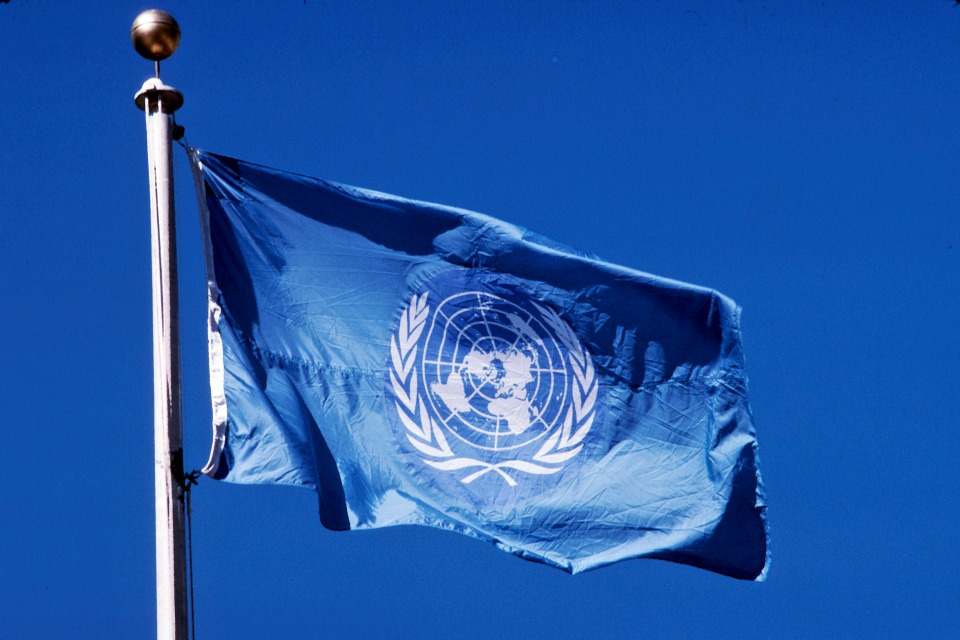"Effective and well-planned UN peacebuilding interventions can improve people’s lives"
UK Statement to UN Security Council Debate on Post-Conflict Peacebuilding

Thank you, Mr President, for convening this debate. I would also like to thank Ambassador Drobjnak and Ambassador Patriota for their briefings.
Mr President,
This session is a timely opportunity to reflect on the UN’s experience of helping countries to recover from conflict, with a particular focus on the importance of preventing relapse in conflict.
There are successes: The UN should be proud of the central role it played in helping Sierra Leone recover from its devastating civil war. It is an example of how effective, tailored and well-planned UN peacebuilding interventions can improve people’s lives. Similarly, in Côte d’Ivoire and Liberia, the UN has helped put those countries on a path towards more stable and peaceful futures.
But as Ambassador Patriota highlighted, alongside these successful examples we have also seen the tragic recent relapses into conflict in both the Central African Republic and South Sudan. This demonstrates that we must continue to hone our approach to preventing countries from slipping back into devastating spirals of conflict.
In both of these cases, this Council and the Peacebuilding Commission cannot say that we did not know that there was the potential for an outbreak of violence. The early warning indicators were there in both countries. But we collectively failed by not taking early action.
We live in an age in which we have immediate access to information about potential risks of instability in countries around the world. We can no longer say that we did not know about possible indicators of future conflict, such as human rights abuses; political repression; or a rise in ethnic or religious tensions.
The challenge for this Council, the Peacebuilding Commission and the whole United Nations system, is to find the appropriate response when we receive these early warnings.
We all know that tackling potential risks to stability early is the most effective approach. Early action can prevent enormous human suffering, fear and displacement. And it also makes economic sense. It is far more cost-effective to invest in conflict prevention and de-escalation upstream than to pay the high human and financial costs of responding to a relapse into conflict.
Effective early action requires political will and commitment - from this Council, the Peacebuilding Commission and key regional actors among others. We must all be proactive in considering the most appropriate way to mobilise the various tools at our disposal to prevent relapse in each specific case. This could, for example include the use of good offices, or sanctions against potential spoilers, or re-configuring development activities to ensure they are “conflict sensitive” and contribute to stability.
To take one country on the PBC’s agenda, the UK believes that the situation in Burundi is a current example of where we should take such an approach. We must work together to monitor the situation and ensure that we do not allow worrying political developments to reignite conflict, especially in the run-up to Burundi’s elections next year.
Mr President,
The issue of how we can work together to prevent relapse into conflict will undoubtedly be a major theme in the 2015 Review of the Peacebuilding Architecture. This important review will allow us to reflect on progress and consider ways in which we can improve our approach to peacebuilding.
The United Kingdom welcomes the ongoing formal consultations on the scope of the review, in particular the emerging consensus that the review needs to revisit the original vision behind the creation of the architecture in 2005 and take stock of the developments in UN peacebuilding over the last 10 years.
In that time, peacebuilding in the international system has moved on. The key elements of peacebuilding are now mainstreamed within the operational entities of the Secretariat and agencies, funds and programmes. The gap, or gaping hole, in the international system that was perceived to exist in 2005 has been filled by an array of multilateral and regional entities, both from the development and the political and security spheres.
The United Kingdom believes that the Review must therefore avoid a narrow focus on the Peacebuilding Commission, Peacebuilding Fund and Peacebuilding Support Office. It should not just tinker at the margins of the architecture and there should be no ‘sacred cows’. The United Kingdom believes it is important to have a thorough and ambitious review that reconsiders the architecture in the light of our common ambition to improve the UN’s ability to support countries recovering from conflict on their road to peace.
I thank you, Mr President.